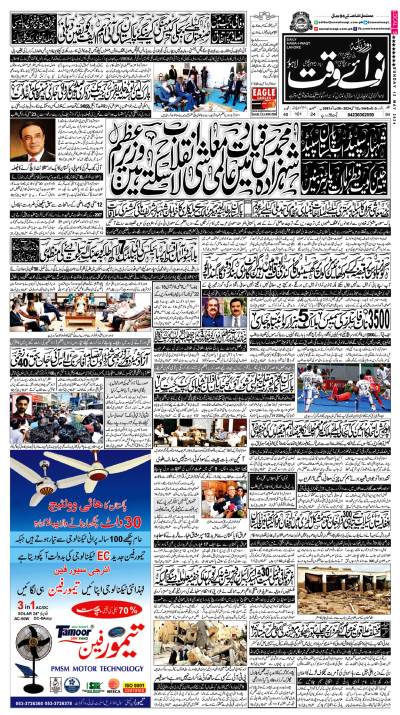Karachi-The Sindh Environmental Protection Agency (SEPA) and the Sindh Engro Coal Mining Company (SECMC) have rejected a report issued by Environmental Law Alliance Worldwide (ELAW), claiming that Thar coal power project poisoned the drinking water being consumed by the people of the locality.
The ELAW in its report issued earlier had maintained that all all of the drinking water samples collected from Thar were unfit for human consumption as elevated levels of toxic metals (selenium, arsenic, mercury, chromium, and lead) was found from the same. The SEPA has dismissed concerns that Thar coal projects were adversely impacting water quality of surrounding wells and maintained that it regularly monitored coal mining operations.
The SEPA was of the view that it regularly reviewed the reports submitted by the SECMC and no adverse impact on the water quality of surrounding wells had been observed by it.
On the other hand, the SECMC termed the report “baseless” and maintained that it followed all regulations prescribed by SEPA, while also voluntarily adopting global environmental standards, including those set by World Bank’s International Finance Corporation. “Mine dewatering is standard practice. In this case, unprocessed natural groundwater extracted from the third aquifer leaves the site boundary, is transported, and then released directly into the Gorano reservoir, hence there is no possibility of contamination and/or toxicity,” the Company highlighted in its response. As part of its community initiatives, SECMC has installed and conducts regular maintenance of 17 Reverse Osmosis (RO) plants in Thar Block II and surrounding areas, which provide clean drinking water to 30,000 individuals every month.
This water is consistently found to be of acceptable quality by the Pakistan Council of Research in Water Resources.
What report says
The report authored by Dr. Mark Chernaik’s read that based on testing conducted by Mehran University of Engineering and Technology’s Soil and Water Pollution Control Laboratory, excessive levels of selenium, arsenic, mercury, chromium and lead…is of recent origin and associated with coal activities in the Thar coalfields.”
The testing was conducted on nine water samples in and near the Thar Coal Block II on 28 June 2022. The tests confirm that all the samples exceed the permissible limits for chloride, TDS, mercury and lead. Eight of the nine locations also show an excess fluoride. Arsenic was also found to be in excess of permissible limits at four of out of six locations tested.





